The flax plant produces small, golden or brown seeds called flax seeds. Due to their many health advantages and adaptability in the kitchen, they have grown in favour in recent years. Flax seeds are a healthy addition to any diet since they are a great source of lignans, omega-3 fatty acids, fibre, and other necessary nutrients. Flax seeds are a fantastic addition to a number of dishes because of their nutty taste and crispy texture. To offer a nutritious boost, you may add them to smoothies, oatmeal, yoghurt, salads, and baked goods. Additionally, ground flax seeds may be used in soups and sauces to thicken them or as an egg alternative in vegan recipes. Flax seeds are used in cooking, but they also have a number of health advantages. Flax seeds include omega-3 fatty acids, which are known to aid with heart health and inflammation reduction, as well as lignans, which may help lessen the chance of developing certain cancers. Additionally, a rich source of fibre and flax seeds may aid with digestion and weight control. Overall, flax seeds are a wholesome and adaptable food that is simple to include in a balanced diet. Flax seeds are certainly worth a try, whether you’re wanting to increase your intake of fibre and omega-3 fatty acids or are just searching for a new cooking ingredient to explore with. The seeds of the flax plant are referred to as flax seeds or linseeds (Linum usitatissimum). For millennia, people have utilised them as a source of food, fibre, and medicine. The flax plant, which is indigenous to the eastern Mediterranean, has long been grown for its fibre and seeds.
Alpha-linolenic acid (ALA), a kind of omega-3 fatty acid, is abundant in flax seeds. Omega-3 fatty acids are necessary for staying healthy and are especially crucial for heart and brain health. Flax seeds are a crucial component of a vegetarian or vegan diet since they are one of the greatest plant-based sources of omega-3 fatty acids. Additionally, rich in lignans, which are plant substances with estrogen-like characteristics, is flax seeds. Lignans are known to possess antioxidant qualities and may aid in lowering the chances of developing several cancers, including breast cancer. Additionally, by lowering inflammation and enhancing blood flow, lignans may potentially benefit heart health. The high fibre content of flax seeds is another advantage. Both soluble and insoluble fibre are abundant in flax seeds, which helps support a healthy digestive system and ward against constipation. Additionally, the fibre in flax seeds may help decrease cholesterol and minimize the risk of heart disease. It’s vital to keep in mind that flax seeds work best when crushed or milled, since intact seeds may be challenging for the body to absorb. You may add ground flax seeds to baked products like yoghurt, cereal, and smoothies. They may also be used in place of eggs in vegan baking or as a binding ingredient in recipes.Overall, flax seeds are a very wholesome food that may provide a variety of health advantages. Flax seeds are a fantastic option whether you want to increase your intake of fibre, enhance your diet’s fibre content, or all three.
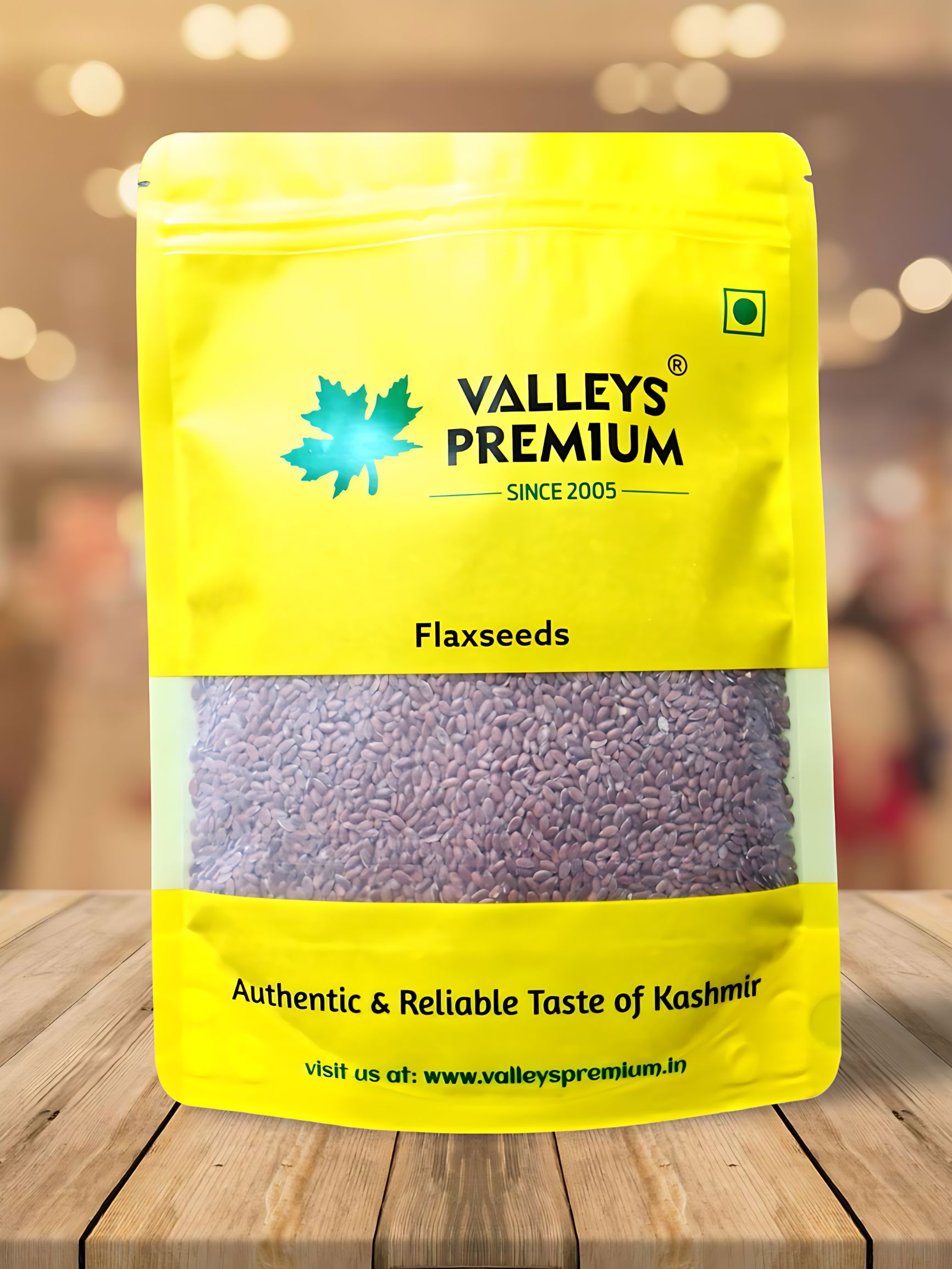
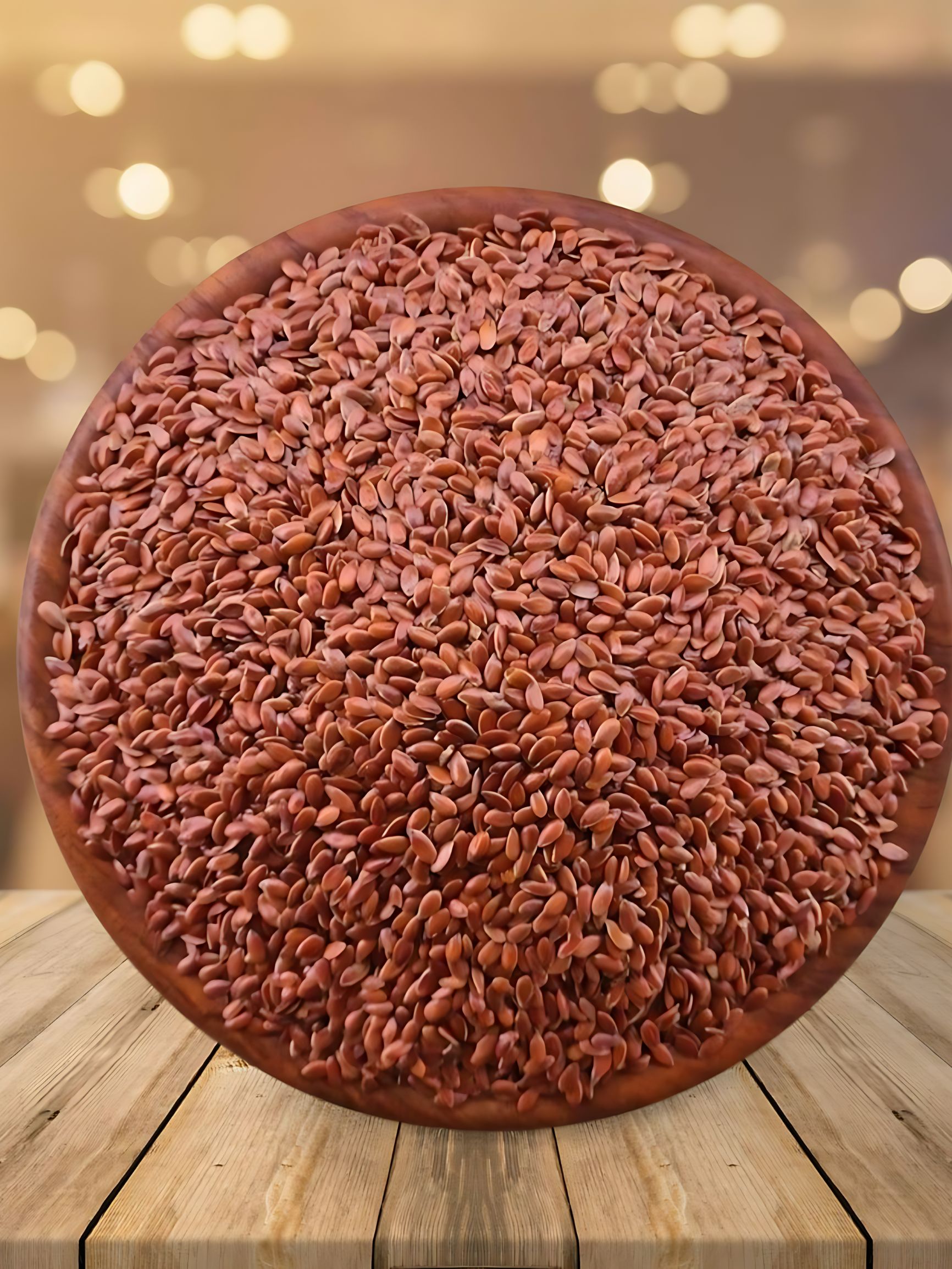
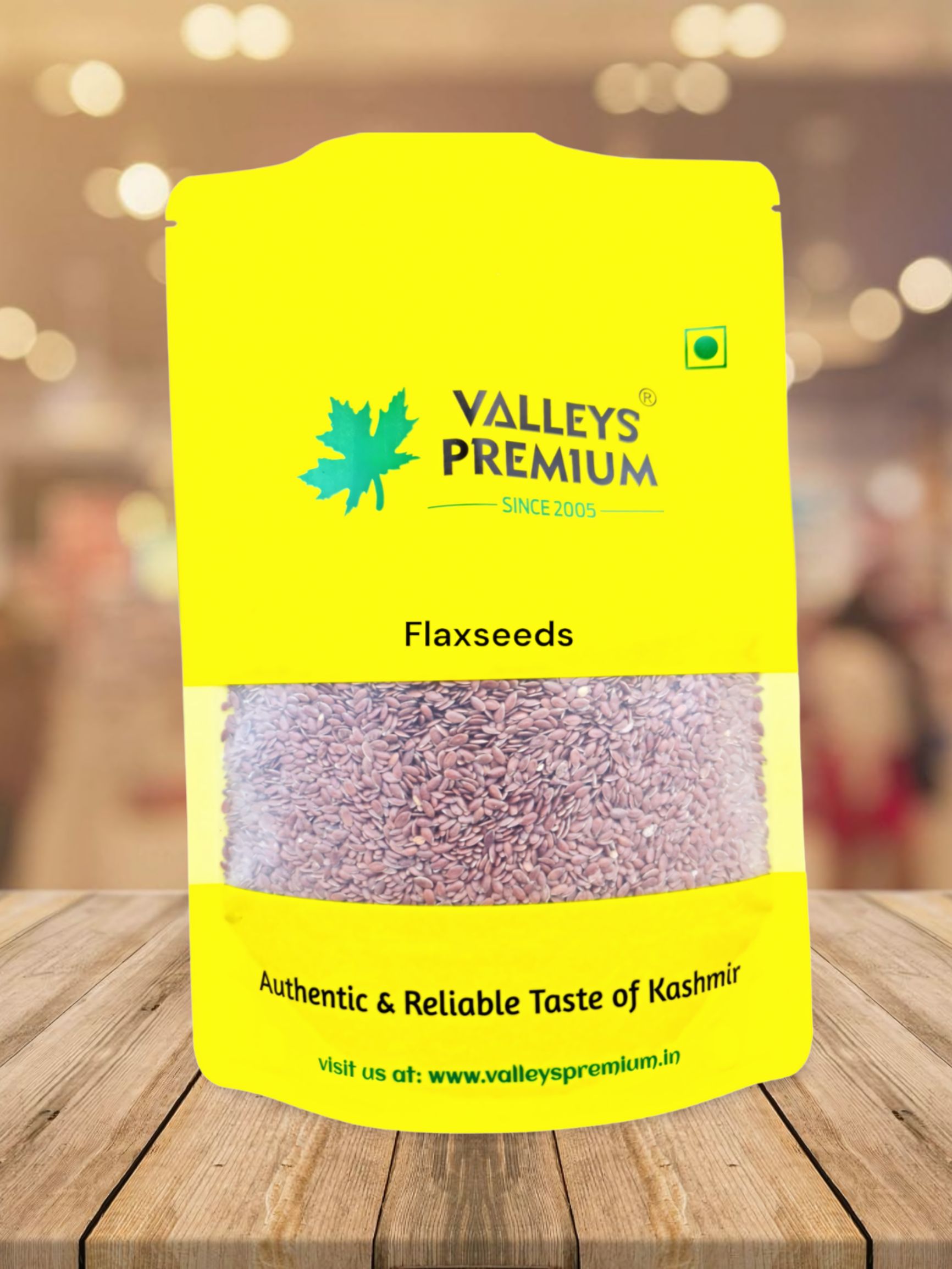

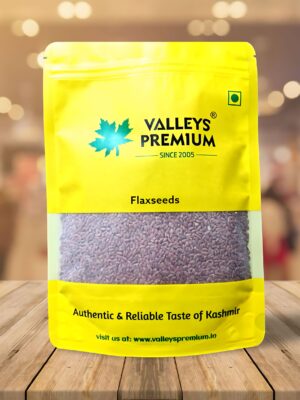

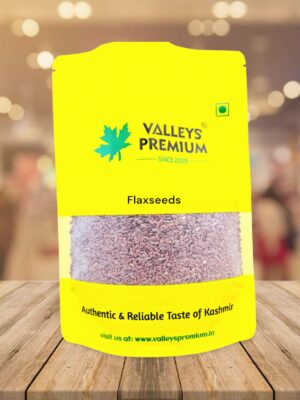


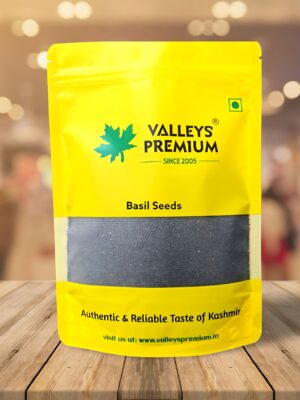

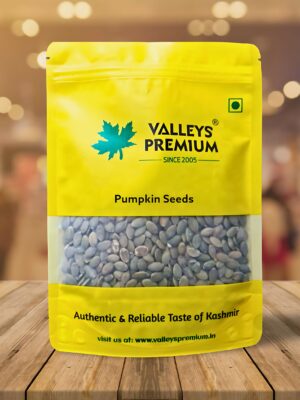
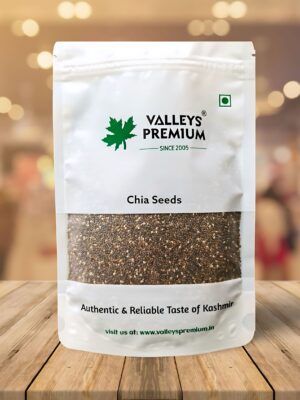

Reviews
There are no reviews yet.